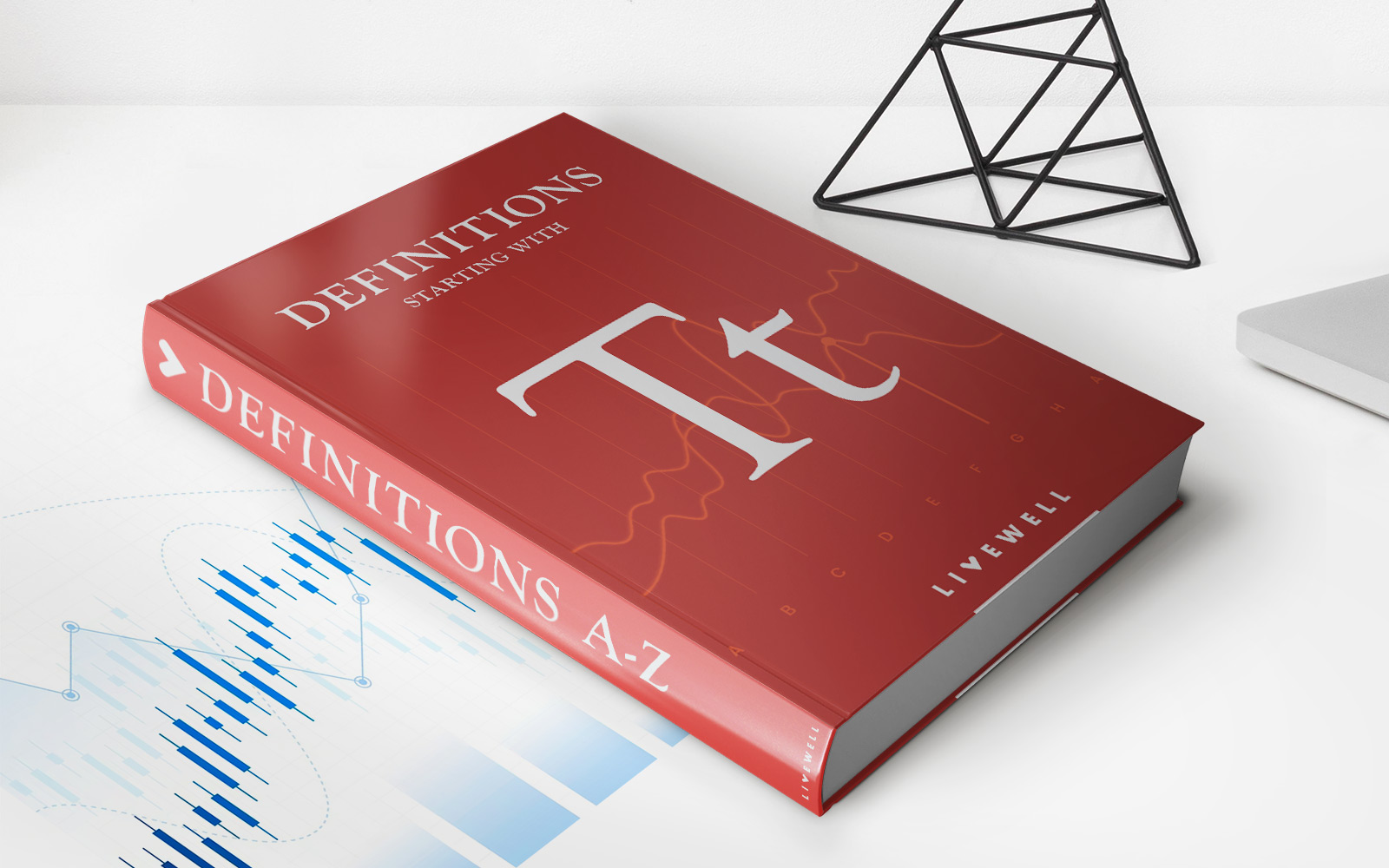

Finance
Dividend Exclusion Definition
Published: November 13, 2023
Discover the dividend exclusion definition with our comprehensive finance guide. Learn how this strategy can benefit your financial portfolio.
(Many of the links in this article redirect to a specific reviewed product. Your purchase of these products through affiliate links helps to generate commission for LiveWell, at no extra cost. Learn more)
Dividend Exclusion Definition: Taking Advantage of Tax Benefits
Greetings, fellow financial enthusiasts! Today, we’re diving into the world of finance, specifically exploring the concept of dividend exclusion. Have you ever wondered how some investors seem to pay fewer taxes on their investment income? Well, dividend exclusion might just be the answer! In this blog post, we’ll break down the definition of dividend exclusion, explain its benefits, and explore how you can take advantage of this tax-saving strategy. So, let’s get started!
Key Takeaways:
- Dividend exclusion reduces the amount of taxable income that investors must report to the Internal Revenue Service (IRS).
- Investors can qualify for the dividend exclusion if they meet specific holding period and ownership requirements.
What is Dividend Exclusion?
Dividend exclusion is a tax provision that allows eligible individuals to exclude a portion of their dividend income from their taxable income. In simpler terms, it gives investors the opportunity to lower their tax liabilities by not counting a portion of their dividends as taxable income. This can potentially result in significant tax savings for those who meet the criteria.
To qualify for dividend exclusion, investors must meet certain requirements. First and foremost, the dividends must be paid by a domestic corporation or a qualified foreign corporation. Furthermore, the investor must hold the stock for a specific period of time, usually at least 60 days during the 121-day period that starts 60 days before the ex-dividend date. Additionally, certain ownership requirements must be met by the investor to be eligible for the exclusion.
The Benefits of Dividend Exclusion
The primary benefit of dividend exclusion is, of course, reducing your taxable income and, consequently, your tax liability. By excluding a portion of your dividend income from taxation, you effectively lower the amount you owe to the IRS. This can be particularly advantageous for individuals in higher income tax brackets who can significantly benefit from any tax-saving strategies available to them.
Additionally, dividend exclusion holds potential benefits for long-term investors. By incentivizing investors to maintain their holdings for a predetermined period of time, dividend exclusion encourages a more stable investment environment. This stability can benefit both the investor and the corporation, promoting long-term growth and stability in the stock market.
Taking Advantage of Dividend Exclusion
If you’re considering taking advantage of dividend exclusion, there are a few key steps you should follow:
- First and foremost, familiarize yourself with the specific criteria outlined by the IRS to be eligible for dividend exclusion.
- When building your investment portfolio, consider including stocks that pay regular dividends. These dividends can potentially qualify for the exclusion.
- Ensure you meet the holding period and ownership requirements to qualify for dividend exclusion.
- Monitor ex-dividend dates and plan your buying and selling activities accordingly to meet the required holding period.
- Consult with a qualified tax professional who can provide personalized advice tailored to your specific financial situation.
So, there you have it! A comprehensive overview of dividend exclusion and how you can take advantage of this tax-saving strategy. By understanding the definition of dividend exclusion and meeting the necessary requirements, you can maximize your investment returns and reduce your tax liabilities. Remember, though, it’s essential to consult with a tax professional to ensure compliance with all relevant tax laws and regulations. Happy investing!














